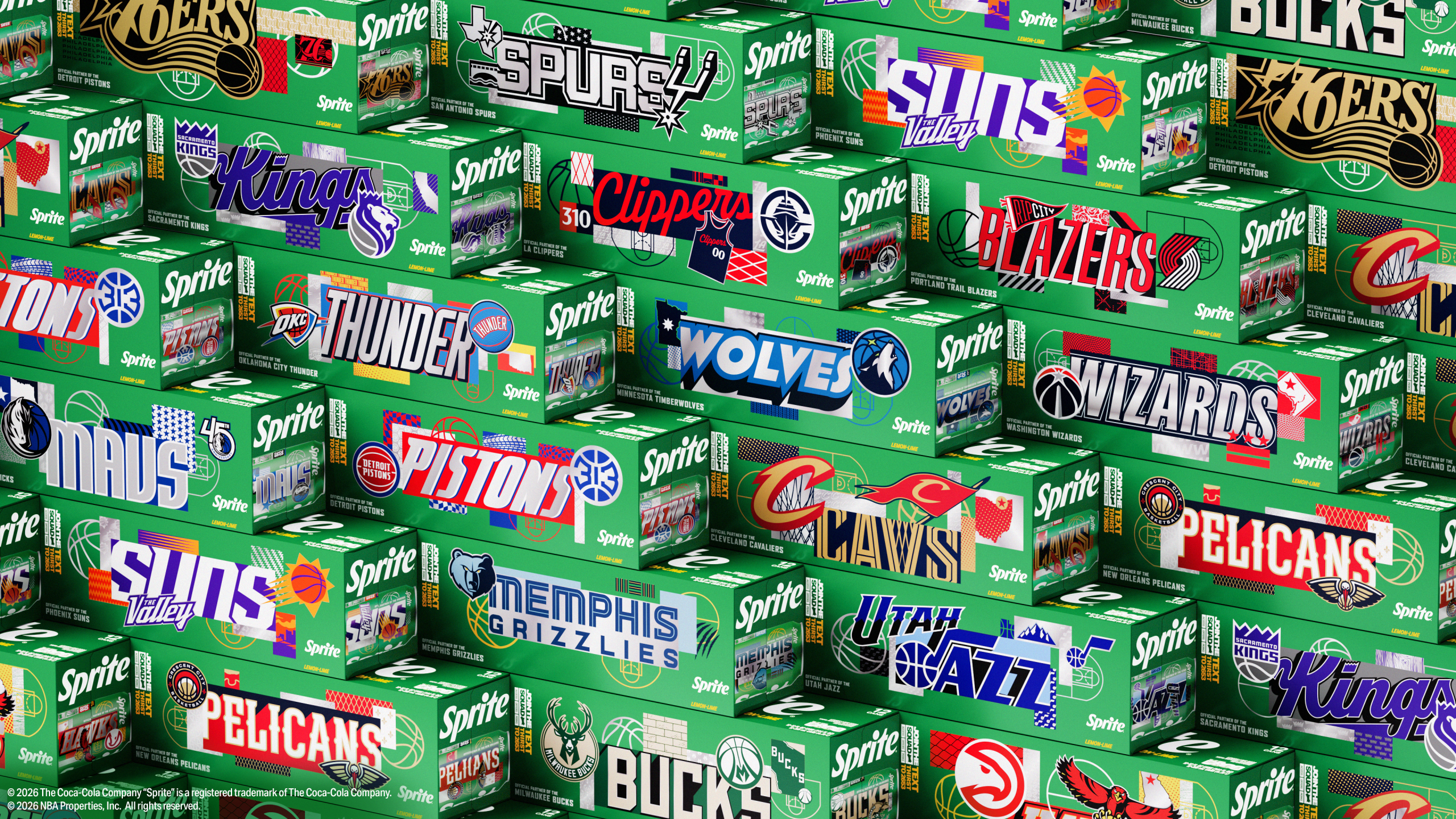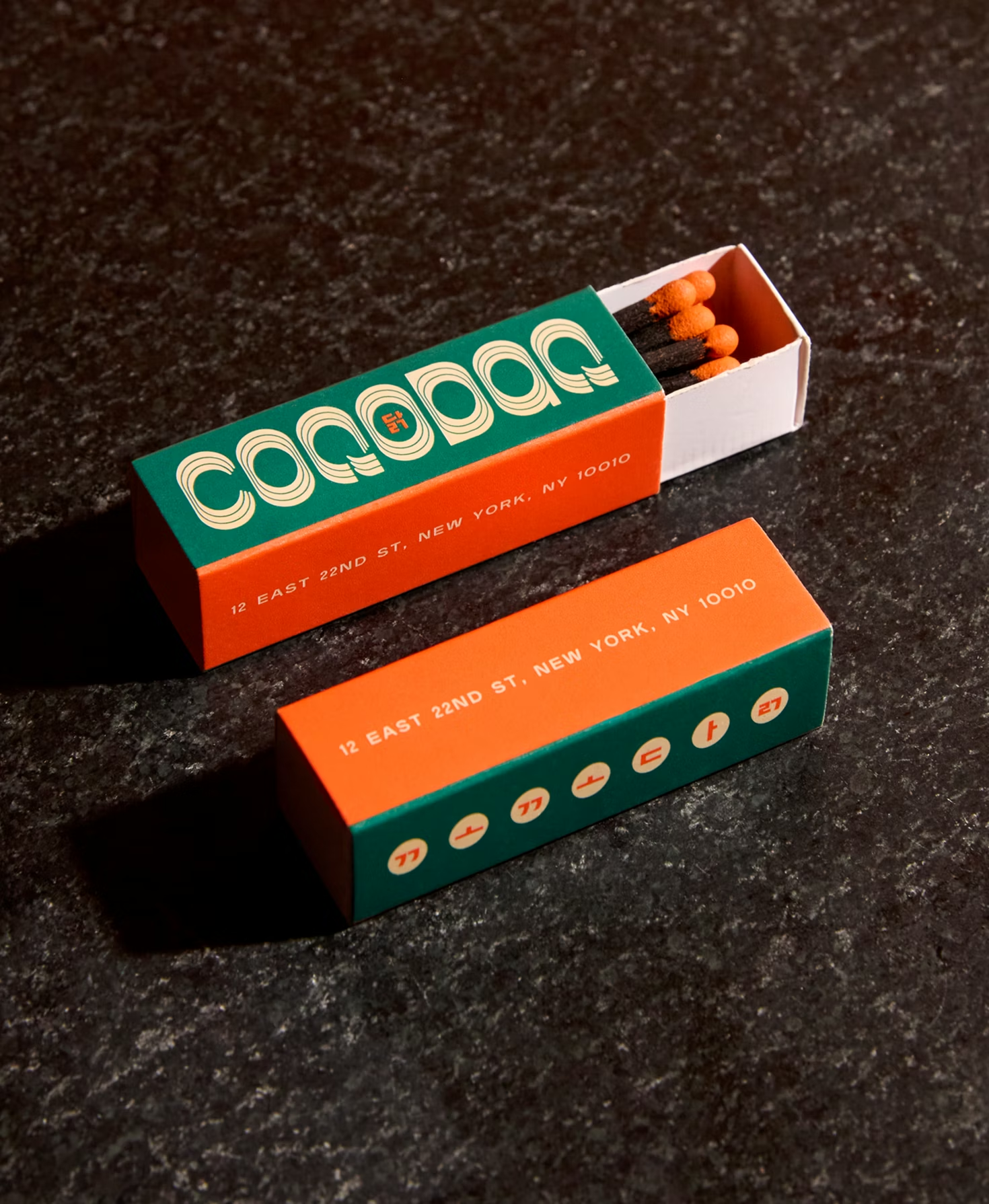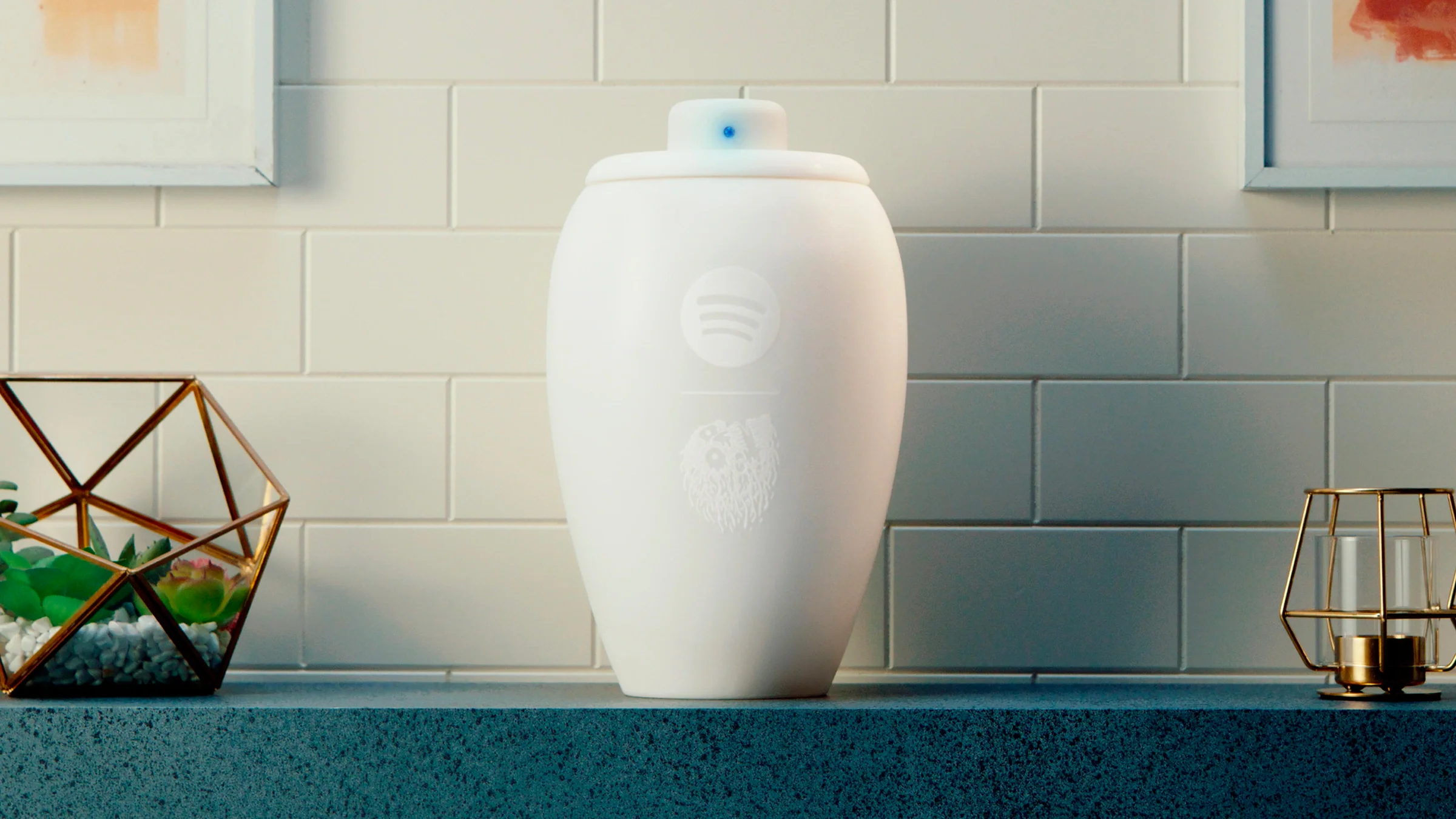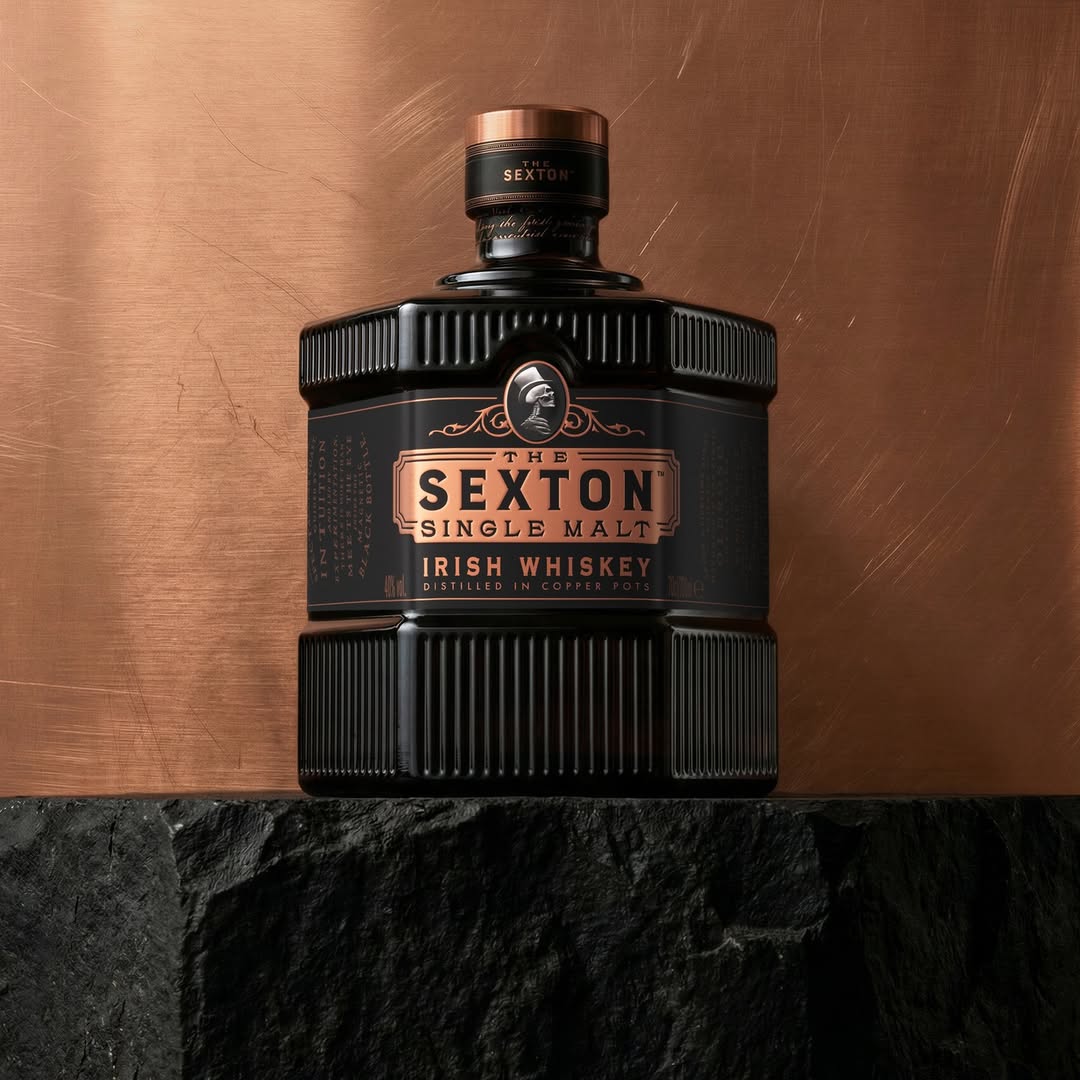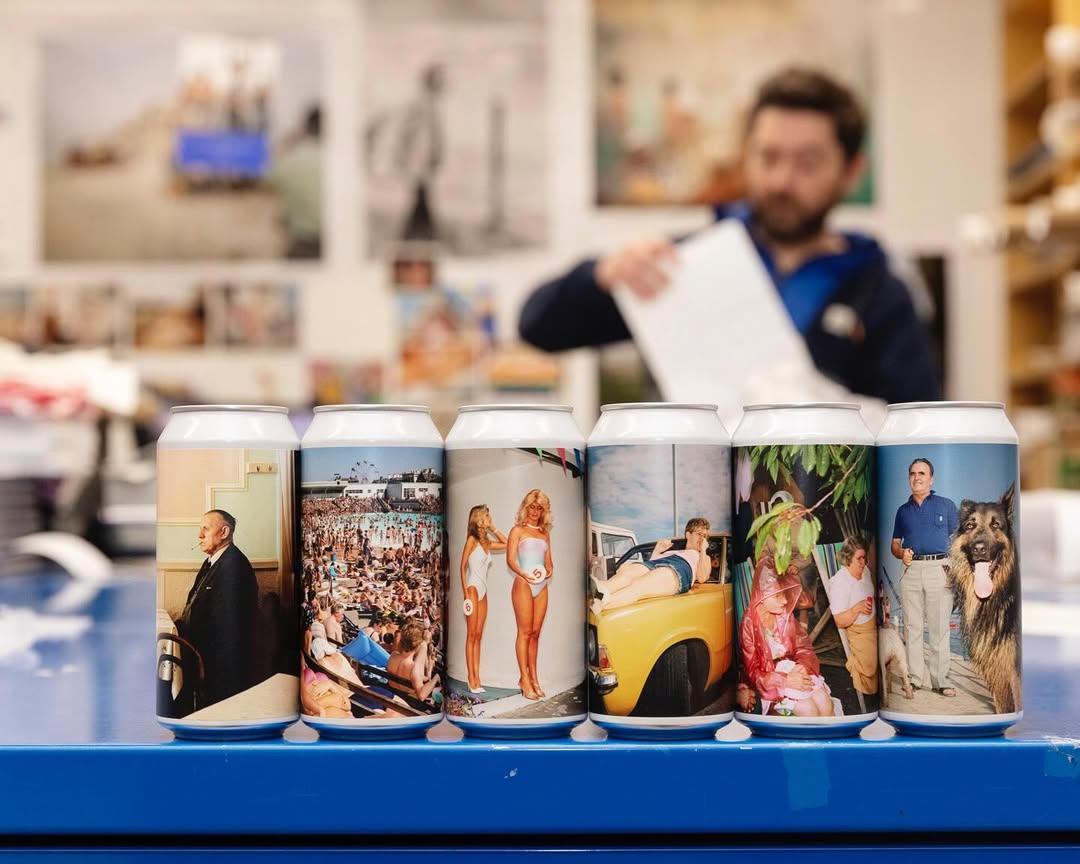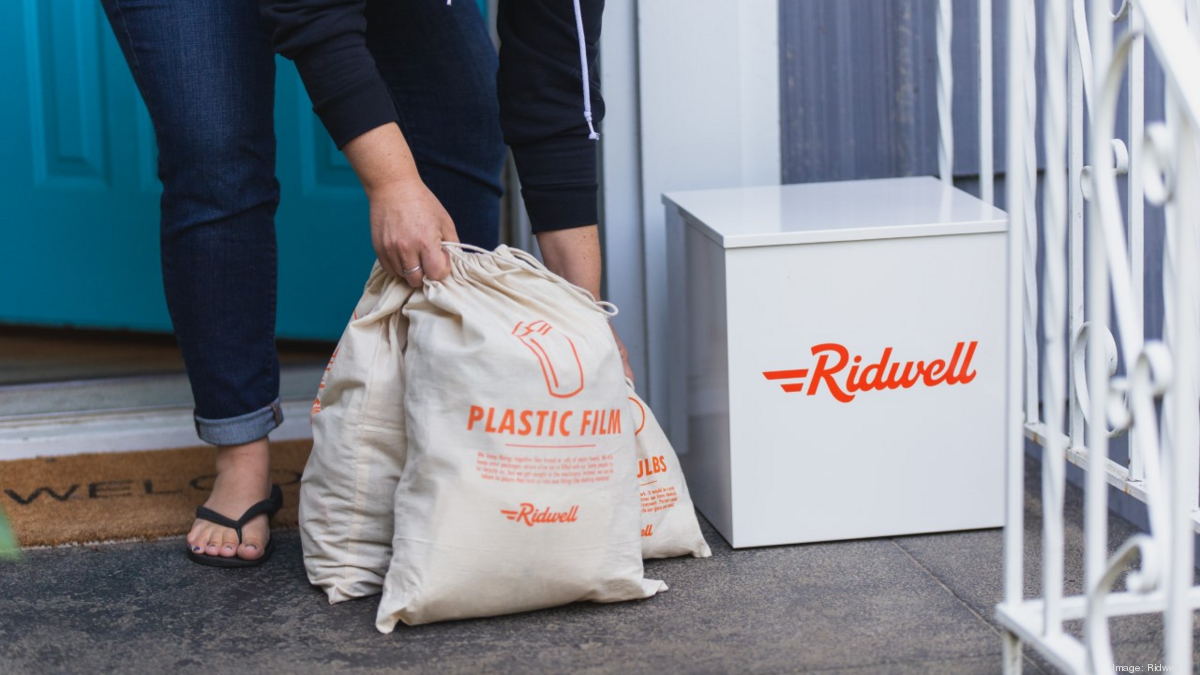

Sure, there are plenty of ways to decrease the amount of single-use waste we consume in our lives. Some companies have certainly taken strides to make packaging that can get easily recycled, or better still, biodegradable or home compostable.
Nonetheless, there’s plenty of waste you can’t recycle, often because your curbside service won’t accept it. One Seattle-based wants to make it easier for consumers to recycle items that would otherwise end up in the landfill.

